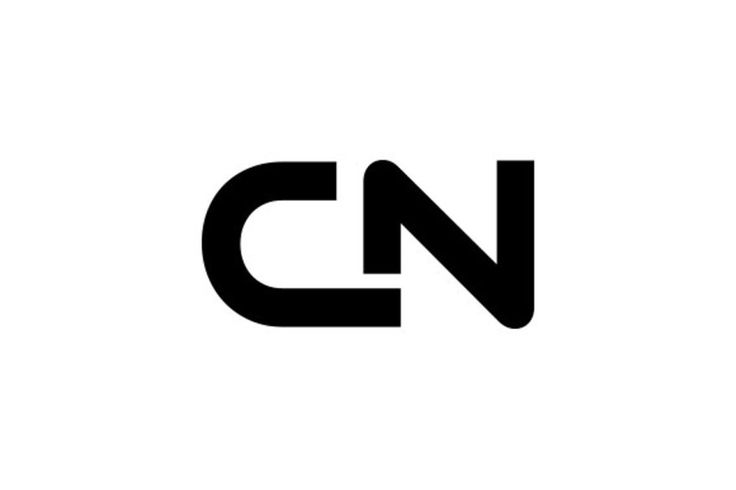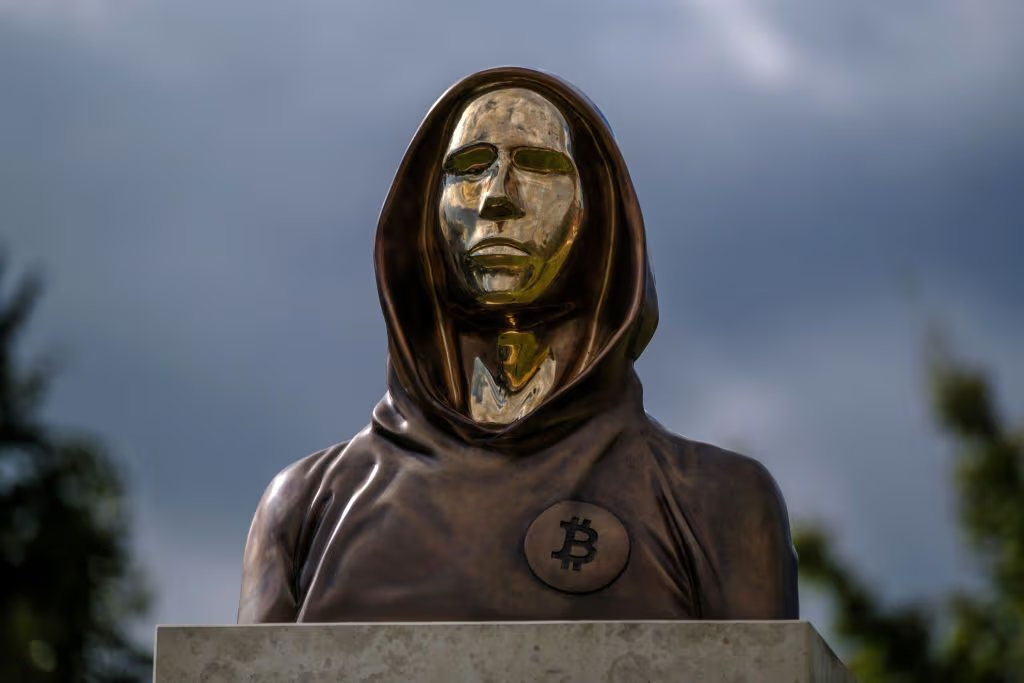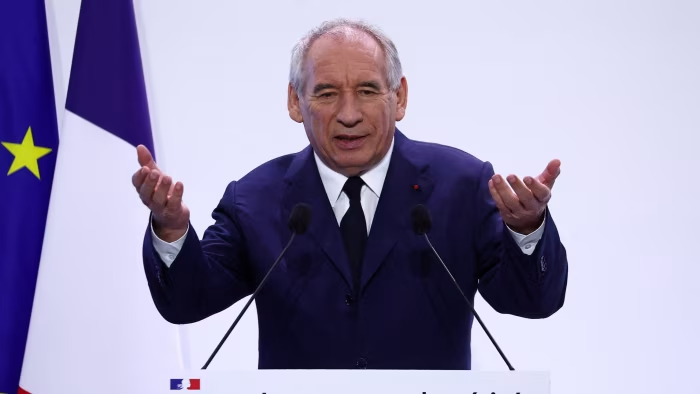Narrative & Reflective

🇨🇭 Switzerland Confronts Its Brexit Moment
Switzerland is approaching a defining crossroads. To deepen access to the EU single market, it has agreed to payments, migration alignment, and ECJ oversight — all of which are set to confront Swiss principles of sovereignty and direct democracy. A nationwide referendum, likely in 2027 or 2028, will determine the future.
🛠️ The Deal’s Mechanics
- €375 million annual contribution cements financial tie‑ins with the EU.
- Automatic law adoption across six key areas means Switzerland must follow EU rules but lacks voting rights.
- Disputes handled by arbitration, but final interpretation comes from the European Court of Justice.
- New inclusion in EU scientific and cultural programs enhances value for Swiss citizens and researchers.
👥 Sovereignty Under Scrutiny
Swiss debates are turning sharply: observers describe an uncanny resemblance to Brexit-era tensions. Many fear relinquishing judicial power threatens Switzerland’s democratic DNA. Others argue immigrant safeguards will preserve control, though some view these as limited by Brussels oversight.
⚖️ Divided Voices
- Pro-Europe factions see the agreement as essential for economic continuity and close cooperation with SME-service-driven Europe.
- Eurosceptics and populists, led by the SVP, brand it a “treaty of submission” that undermines Swiss autonomy.
- Labour unions worry about potential undercutting of wages, while centrists weigh trade gains against sovereign concessions.
🧭 Tipping the Scales
- Risk if rejected: withdrawal of current bilateral framework could disrupt trade, research participation, and transport infrastructure.
- Balance if approved: Switzerland gains stability, legal clarity, and access — albeit under EU frameworks.
🚧 Road to Referendum
- Public consultation begins soon, followed by parliamentary debate.
- Vote expected in mid‑2027, possibly deferred to 2028 if coinciding with general elections.
🎯 Final Word
For Switzerland, this is its Brexit-style moment: a decision point on whether to forge a transparent, binding path into Europe or retain sovereign independence at the cost of integration. Its choice may redefine its role on the EU stage and set a precedent for other non-EU European states.




